Implants that Musk says could allow paralysed people to walk already tested on a macaque and a pig.
Category: neuroscience – Page 760
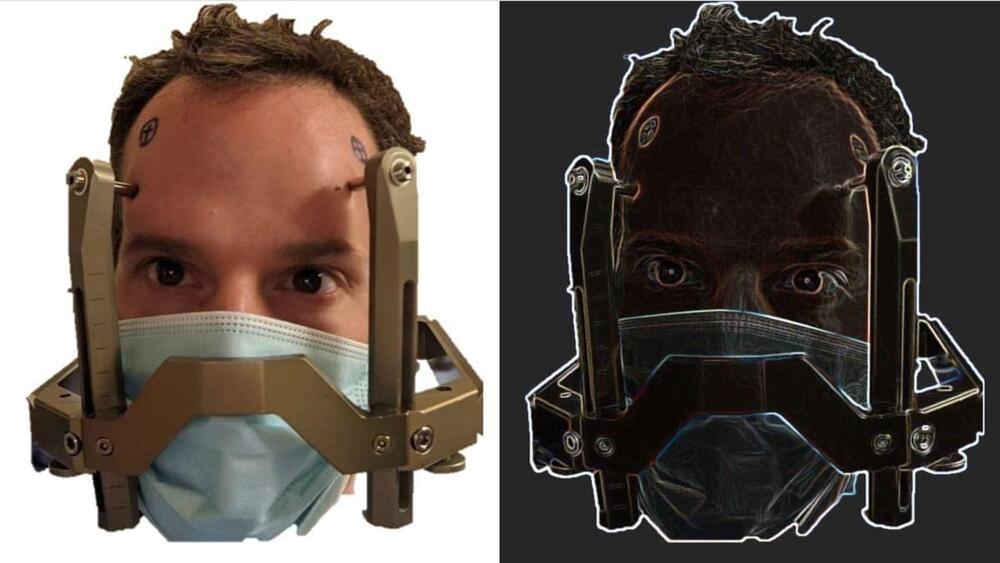
To Elon Musk, on the Future of Our Brains
By: alfonso fasano & benjamin stecher.
The following was written out of a shared belief that there are only two things that can change the world. A big army and a big idea. This is a distillation of our big idea.
Dear Elon Musk.
We are writing out of concern. Concern for ourselves, our patients, and the tens of millions of minds around the world you reach. You see, we have a problem. Patients and physicians in the neuromodulation community consistently misinterpret your public comments. It is very important to us that we do not overinflate expectations or unnecessarily hype these products beyond what is possible.
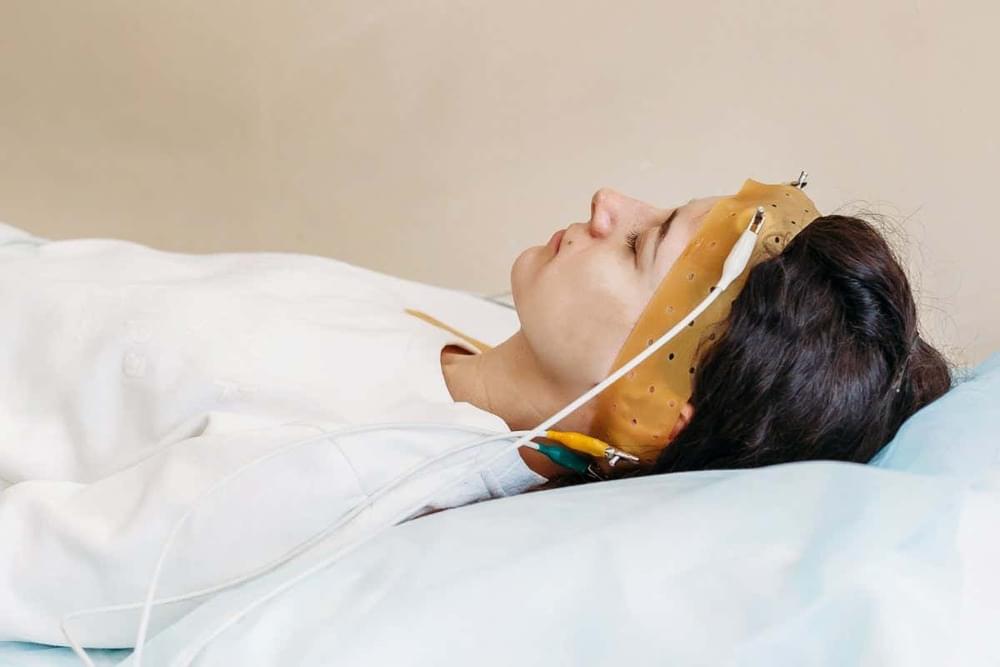
Unknown voices spark more brain activity in sleep than familiar ones
𝐔𝐧𝐤𝐧𝐨𝐰𝐧 𝐯𝐨𝐢𝐜𝐞𝐬 𝐬𝐩𝐚𝐫𝐤 𝐦𝐨𝐫𝐞 𝐛𝐫𝐚𝐢𝐧 𝐚𝐜𝐭𝐢𝐯𝐢𝐭𝐲 𝐢𝐧 𝐬𝐥𝐞𝐞𝐩 𝐭𝐡𝐚𝐧 𝐟𝐚𝐦𝐢𝐥𝐢𝐚𝐫 𝐨𝐧𝐞𝐬
By Jason Arunn Murugesu.
The sleeping brain is more active if it hears unfamiliar voices rather than familiar ones. The finding suggests that we can process information about our environments even in the depths of sleep.
Manuel Schabus at the University of Salzburg in Austria and his colleagues monitored 17 people, with an average age of 23, in a sleep lab over two nights. Brain activity was monitored using an electroencephalography (EEG) machine.
Why Are We Genetically Modifying Humans? | Epigenetics | Spark
The idea that our genes are our fate” is dead. Exciting new discoveries in the field of epigenetics have proven that our lifestyle and environment can turn off and on many of the genes that control our health and wellbeing. Simple things like where we live, what we eat, pollution, stress, and exercise all impact which genes are silenced and expressed throughout our lives.
Research has shown that that the current dramatic rise in obesity, heart disease, diabetes and Alzheimer’s all have epigenetic mechanisms at play. Not only that but many epigenetic changes are actually passed to future generations: your grandmother’s dietary deficits may have caused your diabetes. Your father’s smoking may have turned on your marker for obesity or ADHD. Three generations later the descendants of holocaust survivors are still suffering stress disorders.
The recognition that environment, not genetics, is the primary driver of human health and disease carries with it a strong message of personal empowerment and responsibility. We are no longer powerless in the high stakes game of our own health. We can now play an active role in our genetic destiny.
Decoding Life: The Epigenetics Revolution is a one-hour documentary that uncovers the latest findings in the game-changing field of epigenetics. We meet the world’s top epigenetic experts, uncover the latest research into how epigenetics can be used to treat some of society’s most dire health crises such as cancer, heart disease, obesity, and dementia.
Find us on:
Facebook: https://www.facebook.com/SparkDocs/
Instagram: https://www.instagram.com/spark_channel/
Content licensed from Espresso to Little Dot Studios.
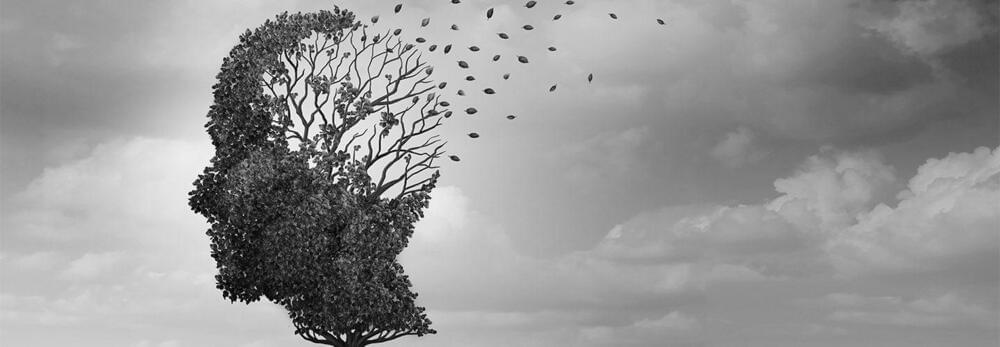
Are we oversimplifying Alzheimer’s disease?
Like so much in chronic disease, Alzheimer’s is complicated: “once you have seen one person with Alzheimer’s, you have seen one person with Alzheimer’s. In other words, Alzheimer’s disease (AD) is a heterogeneous disease which may present and progress differently depending on the person and the factors contributing to the disease pathology. As such, there is no paint-by-numbers approach to targeted treatment. Researchers in the field are thus motivated to figure out a way to categorize AD in order to guide more individualized approaches to patient care and help anticipate disease trajectory.”
A proposal for 4 subtypes of Alzheimer’s disease.
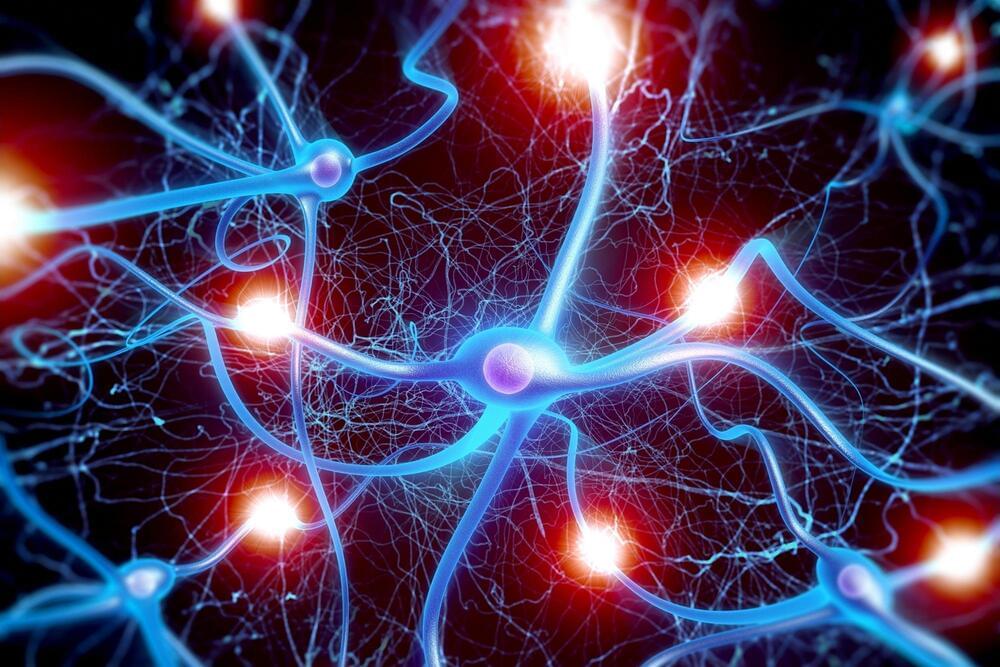
New Links Discovered Between Brain Cell Development and Psychiatric Disorders — “Major Step Forward”
Cardiff University study is ‘major step forward’ in hunt for developmental origins of schizophrenia and other psychiatric disorders.
Scientists from Cardiff University have discovered new links between the breakdown in brain cell development and the risk of schizophrenia and other psychiatric disorders.
Genetic risk factors are known to disrupt brain development in a number of these disorders, but little is known about which aspects of this process are affected.
There’s only one Universal Consciousness
we individualize our conscious awareness through the filter of our nervous system, our “local” mind, our very inner subjectivity, but consciousness itself, the Self in a greater sense, our “core” self is universal, and knowing it through experience has been called enlightenment, illumination, awakening, or transcendence, through the ages.
Here’s Consciousness: Evolution of the Mind (2021), Part IV: UNIVERSAL CONSCIOUSNESS >
*Subscribe to our channel to catch premiering further installments of the documentary on YouTube! This film is to be released on YouTube in parts.
OR, watch the documentary in its entirety on Vimeo on demand: https://vimeo.com/ondemand/339083
And on TUBI — free (with ads): https://tubitv.com/movies/613341/consciousness-evolution-of-the-mind.
IMDb-accredited film, rated TV-PG
Where Are Memories Stored in the Brain? They May Be in the Connections Between Your Brain Cells
All memory storage devices, from your brain to the RAM in your computer, store information by changing their physical qualities. Over 130 years ago, pioneering neuroscientist Santiago Ramón y Cajal first suggested that the brain stores information by rearranging the connections, or synapses, between neurons.
Since then, neuroscientists have attempted to understand the physical changes associated with memory formation. But visualizing and mapping synapses is challenging to do. For one, synapses are very small and tightly packed together. They’re roughly 10 billion times smaller than the smallest object a standard clinical MRI can visualize. Furthermore, there are approximately 1 billion synapses in the mouse brains researchers often use to study brain function, and they’re all the same opaque to translucent color as the tissue surrounding them.
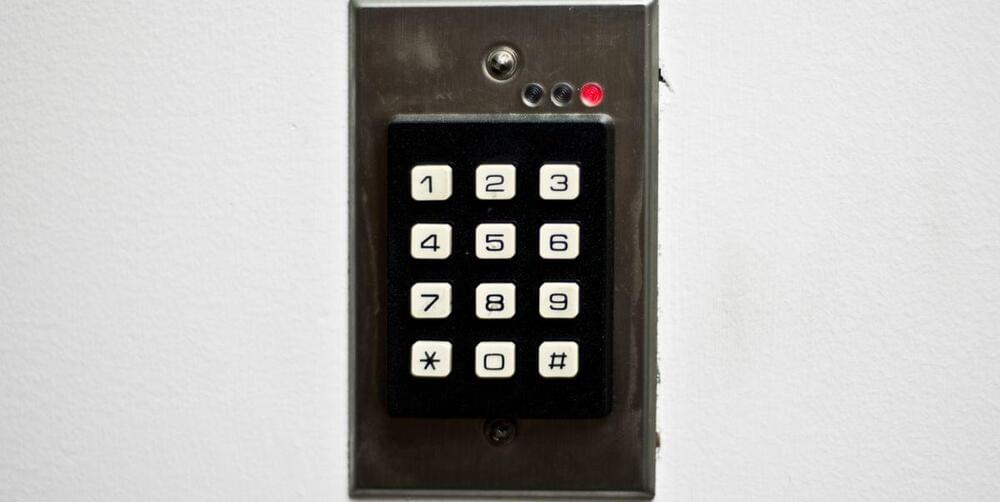
Dementia Patients Used Morse Code Training to Escape From a Senior Living Facility
In a scene straight out of a spy movie, an elderly couple reportedly escaped from an assisted living facility using some cunning military expertise—and an antiquated telecommunications method.
On March 2, 2020, a resident of a secure memory care unit in Elmcroft of Lebanon, a Tennessee nursing facility, “eloped” with his wife from the premises, according to a state report on the incident. (The Tennessean first reported the incident last month.) The man was admitted to Elmcroft with a diagnosis of dementia, while the woman was admitted with Alzheimer’s disease.
A stranger spotted the residents, who were safe, walking two blocks from Elmcroft about 30 minutes after they left and picked them up.
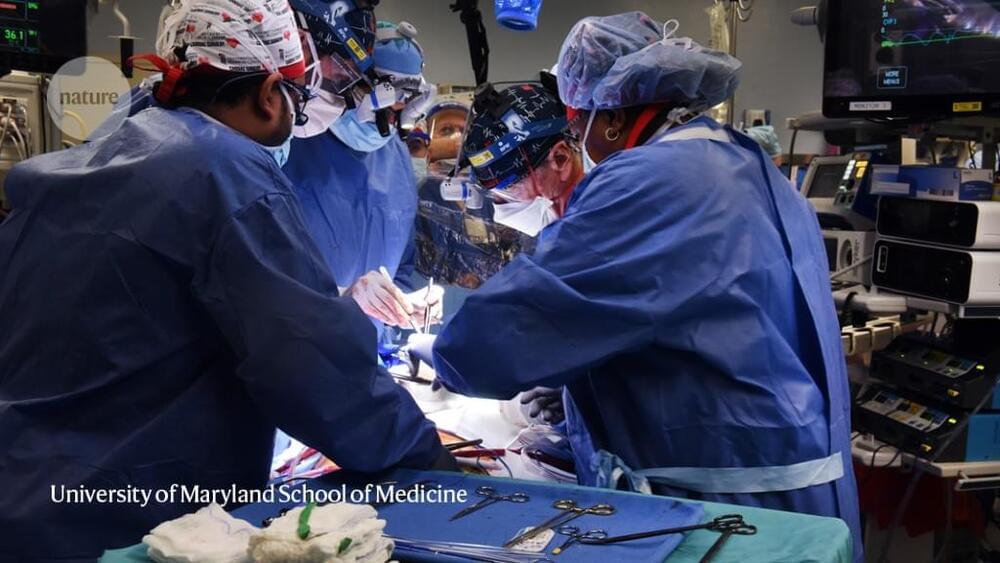
First pig-to-human heart transplant: what can scientists learn?
In a first, U.S. surgeons transplant pig heart into human patient.
Unusual opportunity
Last week’s procedure marks the first time that a pig organ has been transplanted into a human who has a chance to survive and recover. In 2021, surgeons at New York University Langone Health transplanted kidneys from the same line of genetically modified pigs into two legally dead people with no discernible brain function. The organs were not rejected, and functioned normally while the deceased recipients were sustained on ventilators.
Aside from that, most research has so far taken place in non-human primates. But researchers hope that the 7 January operation will further kick-start clinical xenotransplantation and help to push it through myriad ethical and regulatory issues.